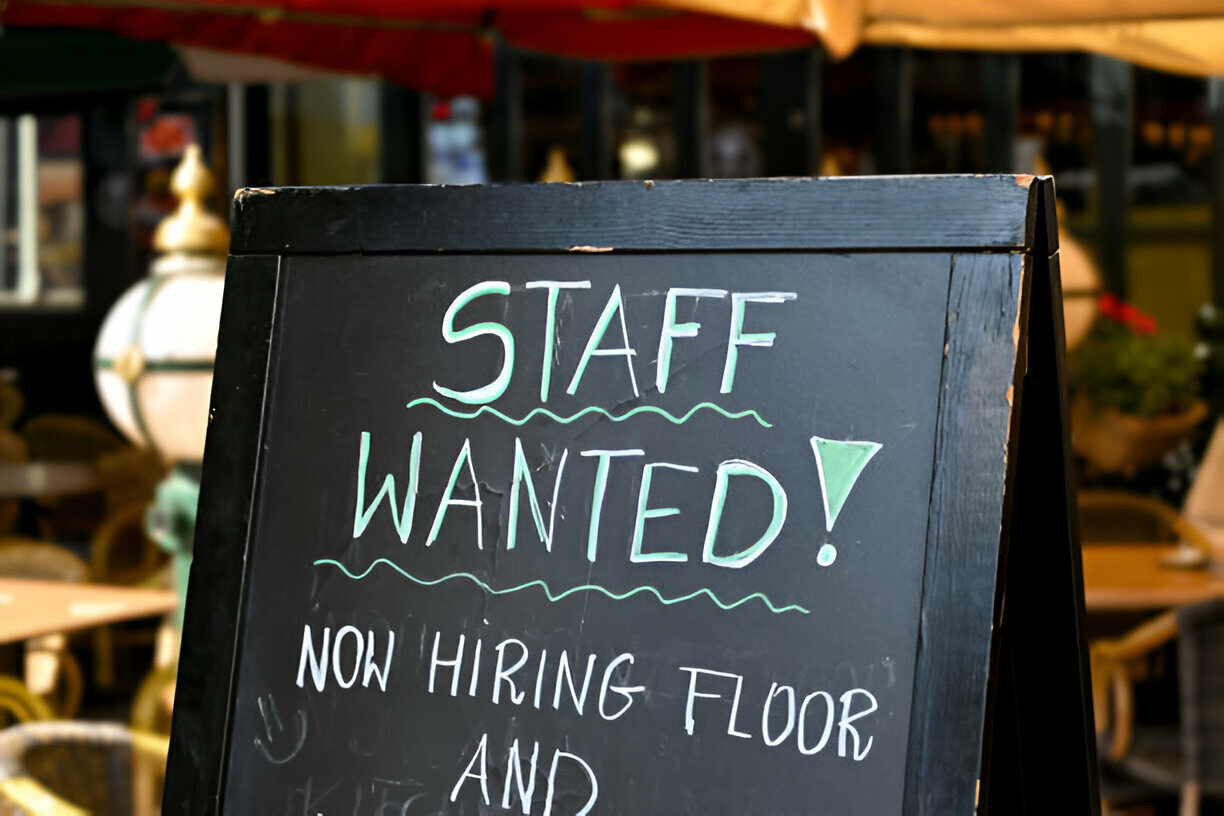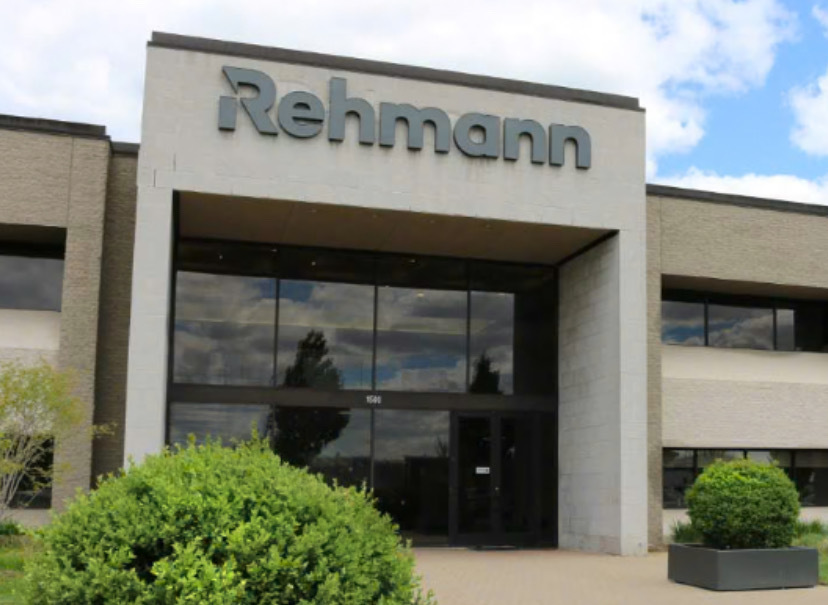New accounting standards aren’t the only change agent for finance executives this year. Controllers at most companies are also ready to swap out their green visors in favor of donning more strategic, accounting technologist hats according to new data published today from the Deloitte Center for Controllership.
In a recent Deloitte Center for Controllership poll of more than 1,700 finance, accounting and other professionals, 52.8 percent say their organizations plan digital controllership improvements—leveraging process automation, analytics and other technologies for financial and accounting processes—in the year ahead. Using finance and accounting robotic process automation (RPA) to increase efficiency and internal controls is the top priority for such efforts (34.7 percent).
“Finance and accounting process automation can really run the gamut. Simpler, enhanced finance automation can address common, industry agnostic accounting issues. RPA can build momentum by performing repetitive, manual financial and accounting processes. And, cognitive computing can be configured to adapt to non-routine, industry and organizationally specific needs,” said Kyle Cheney, Deloitte Risk and Financial Advisory partner, Deloitte & Touche LLP. “No matter the level of process automation complexity, it’s easy to see how efficiency and controls can be improved by well-executed programs.”
Poll respondents report that the biggest benefits of implementing a digital controllership strategy include: improved talent resource allocation toward higher value, strategic work by reducing manual, repetitive work (40.5 percent); improved internal controls by testing wider sets of data and reducing human error (23.5 percent); and, improved visibility into future risks and opportunities by testing wider data sets and enabling talent to analyze trends and anomalies (16.9 percent).
“Because bots can work 24/7/365, well-honed RPA programs can help organizations improve the quality of their governance, risk mediation, predictive insights, working capital management and financial reporting,” said Dave Stahler, Deloitte Risk and Financial Advisory partner, Deloitte & Touche LLP. “However, digital controllership efforts leveraging process automation really need to start with a good foundation in risk management to keep errors and inefficiencies to a minimum.”
Teams starting or expanding finance and accounting robotic process automation programs typically work to manage common risks in areas including:
- Technology – Improper bot design may impact existing IT infrastructure. Conversely, routine IT platform changes may impact automation solutions.
- Regulatory compliance – Automation errors can reduce accuracy of regulatory reports, risking fines and sanctions as well as legal violations.
- Operations – Increased processing errors can be caused by badly designed automation solutions. Lack of effective oversight procedures can lead to increased operational inefficiencies.
- Talent – In times of organizational transformation, morale may suffer if communications to employees don’t focus on the higher level work they’ll be able to perform with RPA results. Further, access to and oversight of automated processes must be carefully managed to prevent and detect abuse.
- Financial reporting – Poorly implemented finance and accounting robotic process automation can result in inaccurate or incomplete financial reports, financial restatements and reputational damage.
Cheney concluded, “Without strong internal controls, thoughtful change management, consistent oversight monitoring, and well-built bots in production, finance and accounting robotic process automation efforts can cause more harm than good. As with any strategic initiative, trying to find shortcuts is unwise. Investing time and attention to honing RPA is essential to realizing its full potential.”
Thanks for reading CPA Practice Advisor!
Subscribe Already registered? Log In
Need more information? Read the FAQs




